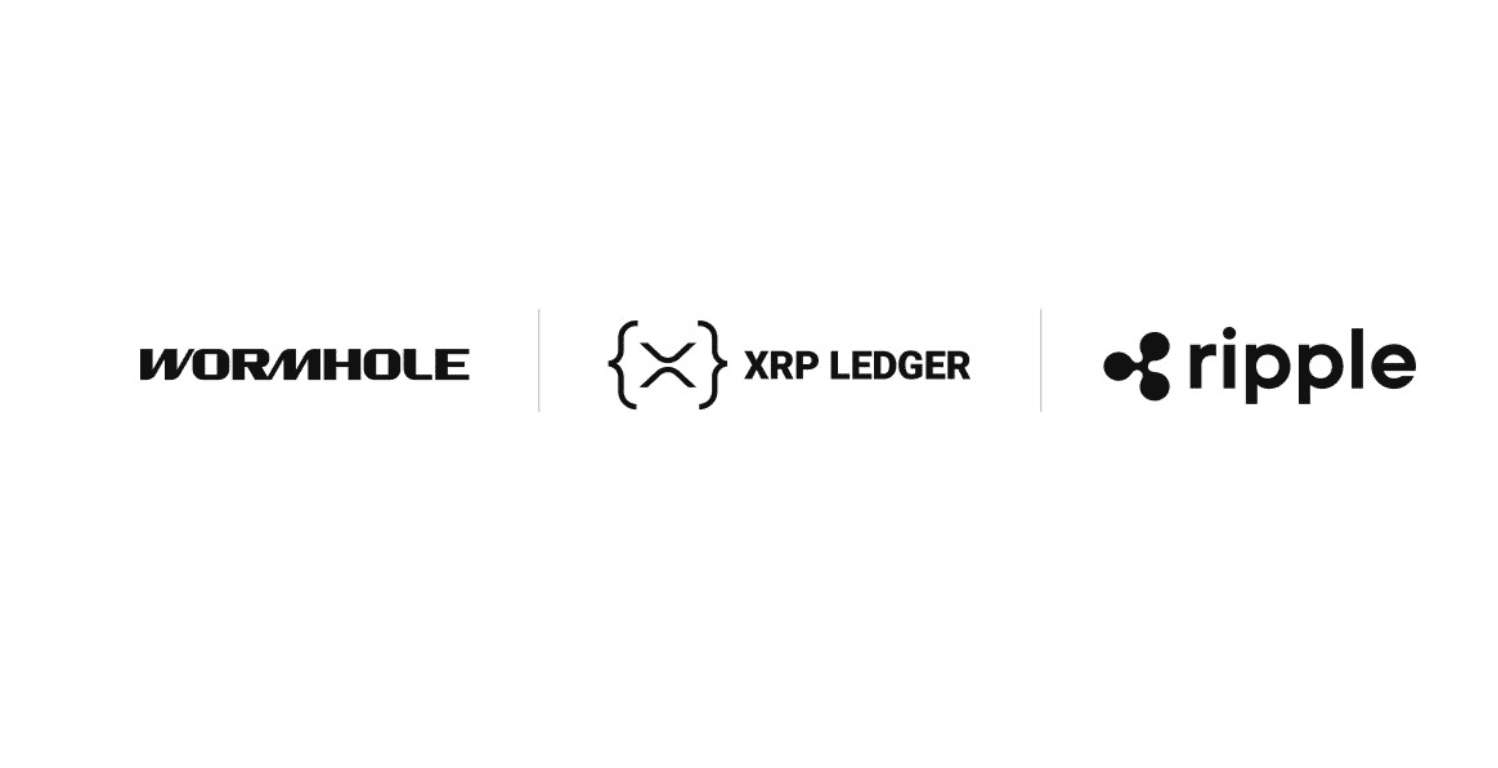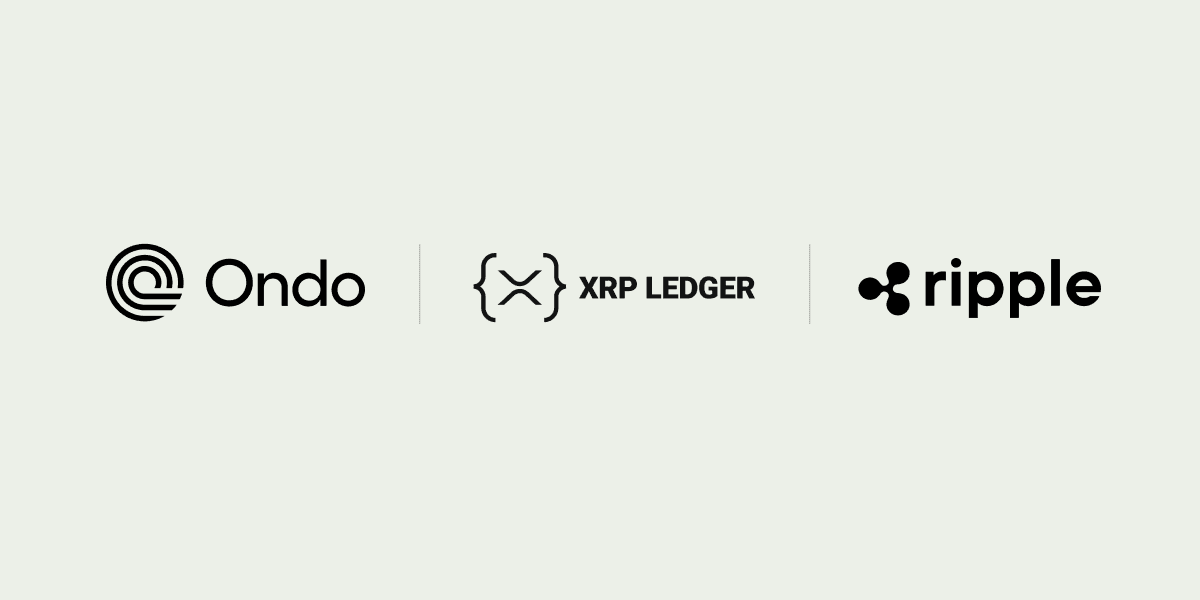Each quarter we’ll be going under the hood with professors from Ripple’s University Blockchain Research Initiative (UBRI) to gain a deeper understanding of trending topics in crypto and blockchain, and highlight their insights and key takeaways. The views expressed in this blog are solely those of Dr. Walters, based on his individual expertise and personal insights.
In our ongoing quest to unravel the complex tapestry of digital finance, we had the privilege of engaging in a conversation with Dr. Robert Walters, the Director of the Digital Finance Law Project at Victoria University, Australia. In this dialogue, we delve into various facets of digital finance, exploring the legal challenges and considerations that define this ever-evolving landscape.
Central Bank Digital Currencies (CBDCs) are gaining traction globally. From a privacy and data protection standpoint, what legal challenges and considerations do CBDCs introduce, and how can regulatory frameworks address these concerns?
Firstly, the lack of coordinated approach by national governments will be problematic. The challenges will be vast and varied. Privacy and the management of personal data will be a concern. Privacy alone will be a higher priority for some states over others. There is no international agreement. This will be very difficult to achieve with a highly fractured and contested world evolving over the past five years.
The pace at which nation states are dealing with this issue is also very diverse. Some states are more advanced than others, and it will come down to domestic policy priorities. This will depend on which nation state you are viewing this issue from. For example, the United States (US) is far more advanced than Australia. The US has revised their Uniform Commercial Code to address these challenges. In part, most nation states that are advanced in this area are using their current legal frameworks to reconcile CBDC’s, and privacy challenges. In the future, it is my belief that privacy-data laws will need to be modified to ensure there is a high level of transparency attached to data that is transnational.
Blockchain facilitates cross-border transactions with ease. From a legal perspective, how can the international community harmonize regulations to ensure the secure and compliant flow of data in blockchain transactions?
There needs to be a coordinated approach at an international level to ensure a high level of legal convergence-harmonisation. The current legal landscape of data flows is highly fragmented. Some states regulate specific data flows, others do not. Is it time for an international organisation that deals specifically with transnational data flows?The flow of data will be personal and commercial. For instance, the challenge legally will be where the code has been installed on the blockchain to facilitate a smart contract. This could create conflict of law questions, specifically within the contracts themselves, where the choice of law has been or not been identified. The further question is whether the smart contract is solely relying on the code in the blockchain, or only partially relying on it? The legal challenges will need to be clarified clearly within the contracts themselves.
As blockchain technology integrates with traditional financial systems, what regulatory challenges do you foresee, and how can legal frameworks adapt to foster this convergence securely and efficiently?
Blockchain technology is not regulated. Firstly, no one is talking about quantum technology. Quantum technology will threaten blockchain by affecting the cryptographic base and communication protocols. Therefore, the code that is installed to support the smart contract on blockchain could be vulnerable to attack. This is one of the most pressing issues that has to be resolved at a national and international level by legal experts, technologists, governments, regulators and the non-government sectors.
Quantum technology is not regulated either. There is a need for urgent high-level principles to be established, to direct developers and users of quantum in a safe and responsible manner. A coordinated approach is needed between like-minded states to develop consistent laws to ensure financial systems retain a high level of trust and certainty for consumers.
With the rise of tokenization, including Real World Assets (RWA), how should legal frameworks evolve to accommodate the tokenization of assets, and what role can blockchain play in ensuring the security and legality of these transactions?
The commercial world is thinking in terms of what the current day issues are. In responding to the above, it is time that the commercial world looks forward and starts to view and address the potential implications of quantum technology to tokenization. Tokenization replaces sensitive data such as card details, account numbers, and PINs with unique identification data called “tokens.”
While some are reporting that the use of quantum technology will provide a high level of security, unanswered questions remain. For instance, the impact, if any, to liquidity optimization risk frameworks, portfolio models, and treasury management structures that will be impacted due to real-time payment systems. This could leave sensitive data highly vulnerable, and the ability to detect and prevent financial crimes could be diluted. There is not enough information about whether the current technology stack and infrastructure can support this newly envisioned financial infrastructure driven by digital assets. A lot more work is needed in the short term, and urgently, to reconcile the above, and the many other challenges that will arise.
Smart contracts, powered by blockchain, are becoming more prevalent. What legal considerations should businesses and individuals keep in mind regarding data protection when engaging in transactions facilitated by smart contracts?
Where the code has been installed needs to be a consideration. The application and use of the full code or partial use will also need to be considered in the formation of a contract. The next question, which goes beyond data protection considerations, is whether the Convention on the Sale of Goods 1980 can apply to smart contracts.
This is the conclusion in a chapter from my book on this issue - Robert Walters, Commercial & Arbitration Law of the Digital Economy: A Comparison of Asian, European and North American, Jurisdictions 2024:
Arguably, the evolution of smart contracts and their rapid rise will cut across every sector, as people become more familiar with how they operate and apply. Smart contracts will provide a level of efficiency for business. However, because they are based on code,there still remain issues that need to be reconciled. For instance, smart contracts can apply and be applied to the CISG. Yet, currently, smart contracts can be either fully coded or partially coded. This poses some challenges as it is not clear whether a partially-coded contract would be subject to the provisions of the CISG.
A possible way to reconcile this is for the contract clauses to be articulated in a way that identifies those that are coded and those that are not. A further important issue is where the code has been installed, particularly for transnational smart contracts. For instances, if the code is installed in the UK and the contract has been established in Australia, does the UK’s law of contract automatically apply? Again, to prevent any ambiguity, it would be good practice for the contract itself to specify clearly where the code was installed, and the relevant law that will govern the contract (to the entire or to parts of the contract).
On the other hand, it has been demonstrated that across the jurisdictions compared there is a wide divergence regarding the response to govern smart contracts. Some states such as Australia and the UK have positioned the smart contracts within their respective legal frameworks. However, others such as the EU and India have developed more mature proposals that deal with the issues arising from the development of smart contracts specifically. For instance, the EU’s Data Act proposal provides a specific definition for a smart contract. This is far from being a coordinated approach, and it can be argued that the world is going to have a similar definition, albeit with some differences.
Stablecoins are reshaping the global financial landscape. From a legal standpoint, what challenges and opportunities do stablecoins present, and how can regulatory frameworks ensure their responsible use in international trade?
Stablecoins have a lot to offer international trade and investment. They will provide a valuable addition to merchants, traders and investors. However, first, most countries are yet to provide a regulatory framework for stablecoins. This has to be the first step.
The highly fractured approach between developed and developing countries has emerged, because some countries are viewing stablecoins as a threat to their respective sovereignty. This is particularly the case where a country will view the stablecoin as a threat to their current day currency. The potential anonymity that is likely to be attached to stablecoin can pose significant challenges to law enforcement and see a rise in money laundering activity. Any regulatory framework must ensure that transactions are transparent, accountable, traceable and there should be a level of reporting. Currently this is the case for international transactions in most countries.
If you’re interested in exploring much more about the legal landscape of digital finance you can check out Dr Walters’ forthcoming book Problem Definition – Robert Walters, Commercial & Arbitration Law of the Digital Economy: A Comparison of Asian, European and North American Jurisdictions, 2024.
To learn more about Ripple’s CBDC solution, visit ripple.com/cbdc or download the latest CBDC report from Futurum.
For additional UBRI insights, check out the latest research report.







